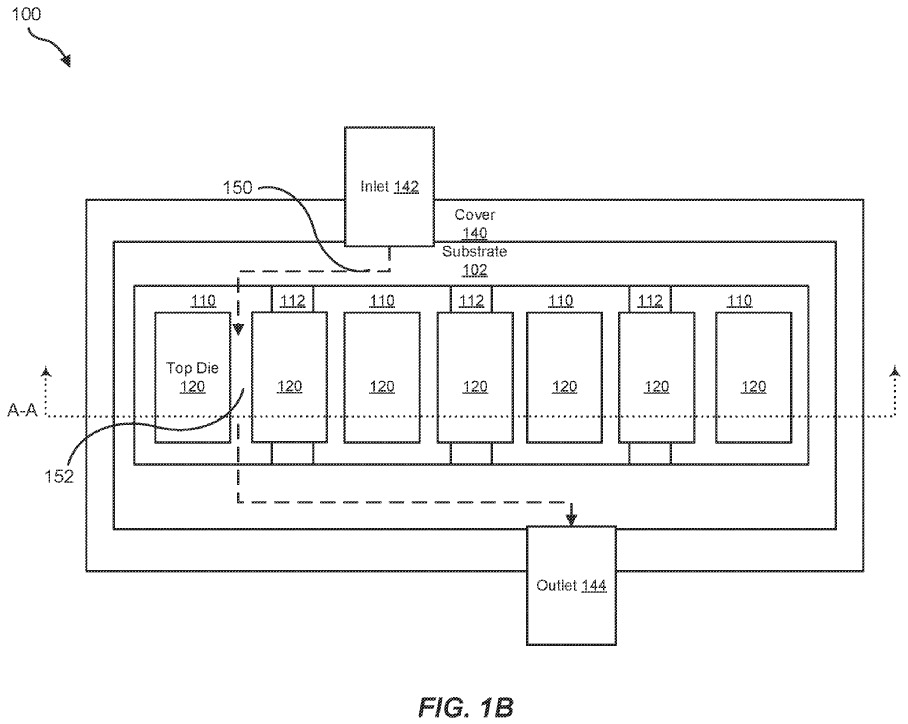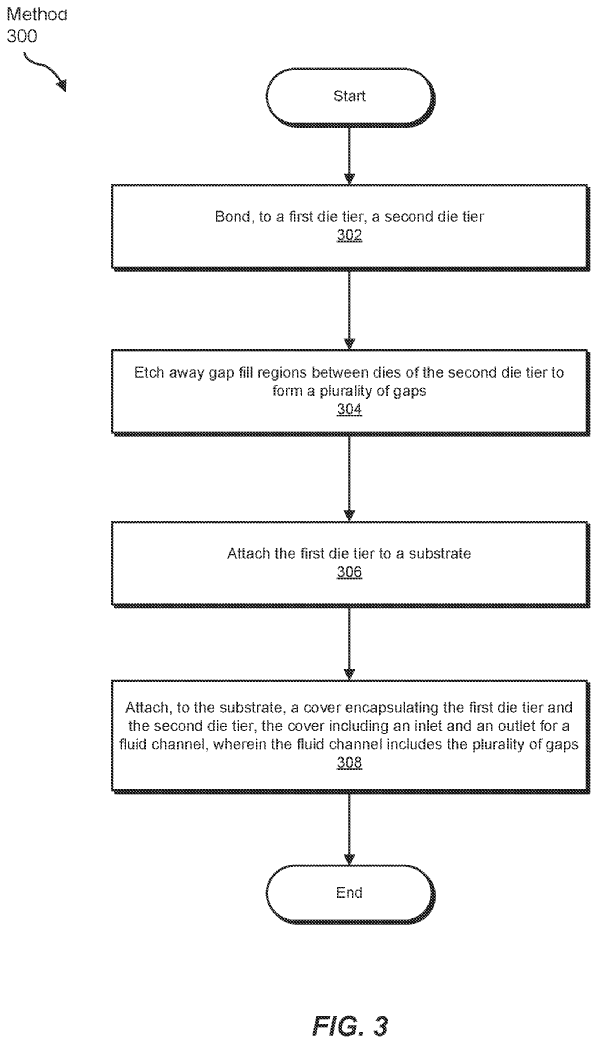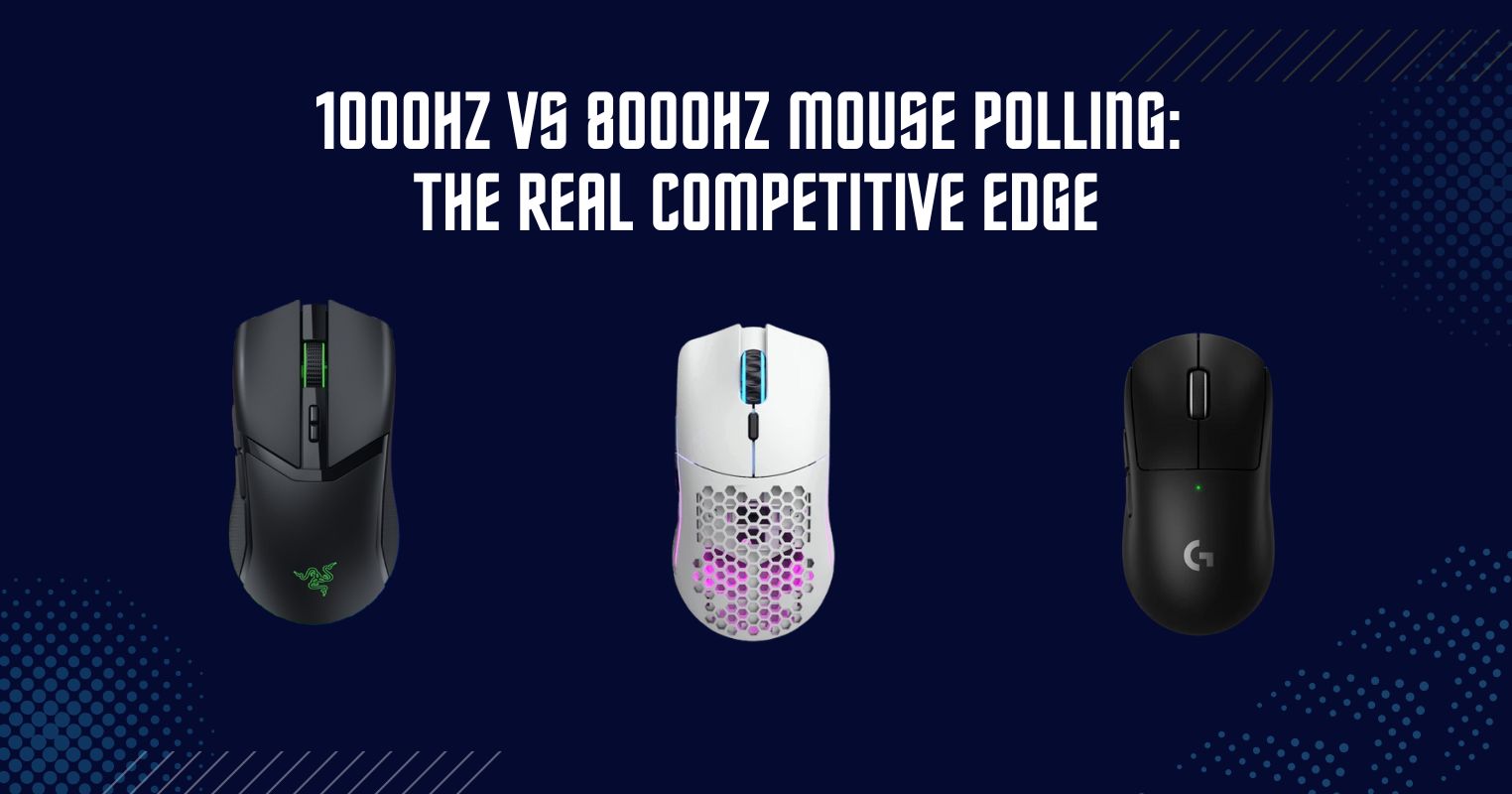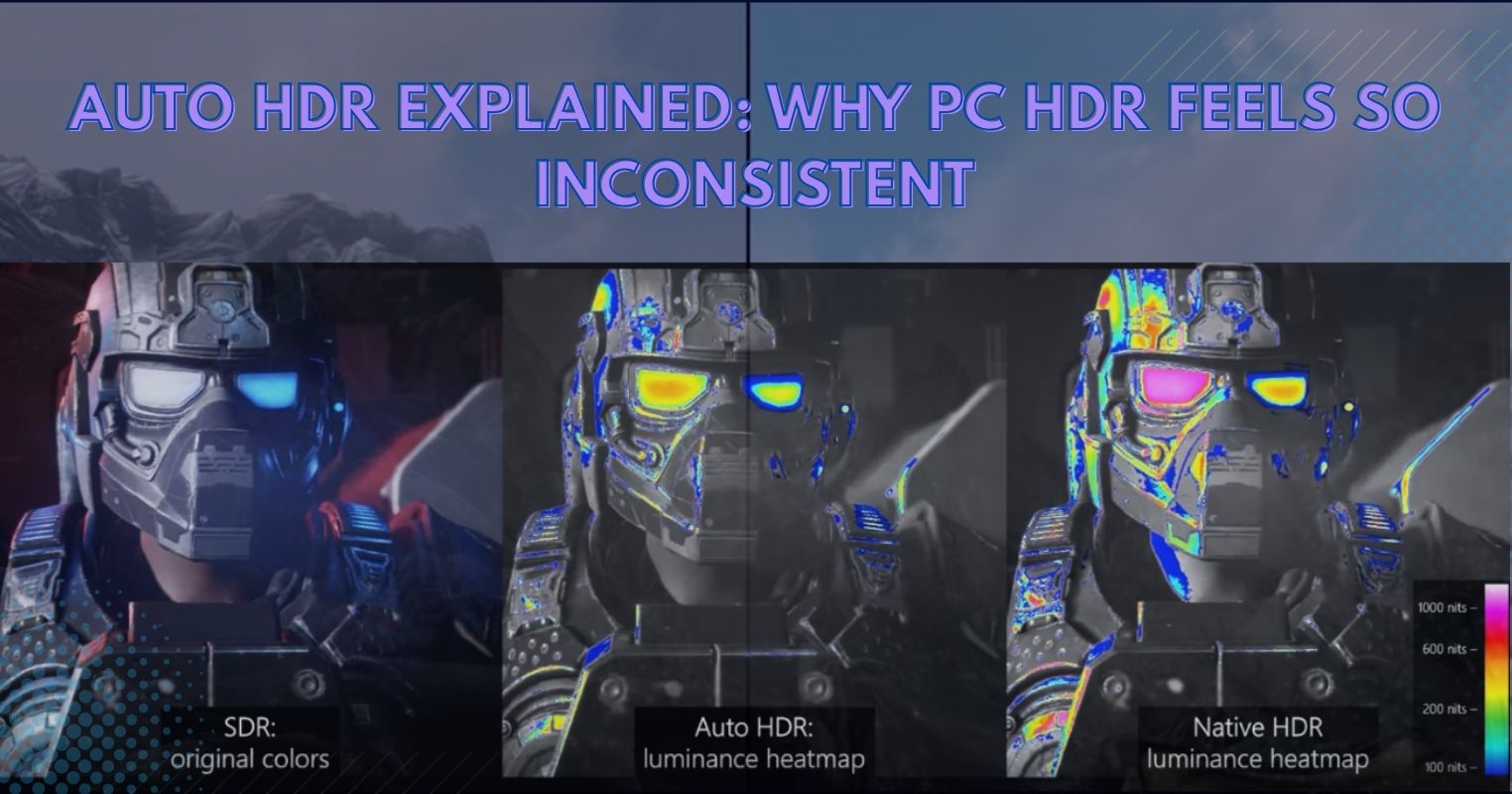- A new patent published by AMD aims to provide localized liquid cooling for 3D stacked chips.
- AMD aims to eliminate the use of external heatsinks or fans to dissipate heat near the chiplets, instead utilizing built-in cooling.
- This technology can improve the performance and thermal efficiency of future AMD gaming and server processors.
Whether in high-end gaming rigs or data centers, heat buildup in high-performance systems has always been a concern. Companies like Nvidia and AMD often pitch wild ideas to increase thermal efficiency for their chip architectures.
Now, we have found a new AMD patent that proposes removing localized heat in 3D stacked chips as it builds up next to the chiplets, eliminating the need for external heatsinks or fans. Multiple dies are stacked vertically in a 3D stacked design, such as those using AMD’s 3D V-Cache technology.
For example, the Ryzen 7 5800X3D and Ryzen 9 7950X3D feature extra L3 cache via 3D stacking, while AMD’s MI300 and EPYC 9004 also utilize it to enhance server performance.
The systems and methods described herein provide localized and direct liquid cooling of the package (e.g., within the SOIC module) without requiring an additional heat sink, which enables thinner Z-height products. Using the lid as liquid inlet and outlet further simplifies the design.
Why it matters: The new AMD patent, which aims to improve 3D stacked chips, could eventually lead to better thermal efficiency across its gaming and server processor lineups with localized cooling.

The patent called ‘DIRECT COOLING FOR SOIC ARCHITECTURES’ describes a 3D SoIC architecture where stacked dies are enclosed within a cover featuring fluid inlets and outlets. A fluid channel runs through gaps between stacked dies, and a pump circulates cooling liquid through them.
AMD argues that 3D stacked chips can overheat with traditional cooling, but localized cooling could make them slimmer and more thermally efficient.
The systems and methods provided relate to 3D SoIC architectures, which may suffer from poor heat removal and high temperature gradients. Some cooling solutions are not able to remove the localized heat from 3D SoIC architectures, limiting the thermal design power (TDP) of the SoIC products.

If realized, AMD’s patent could enable future Ryzen and server chips with 3D stacking to utilize localized liquid cooling instead of external heat sinks. This would result in better performance across the gaming and data center industries.
AMD has published numerous interesting patents in the past, including one that aims to save bricked GPUs after failed VBIOS updates with new software-based recovery, and another that discusses an incredibly complex chipset design for RDNA 5 GPUs.
Do you think AMD will eliminate the need for external heatsinks and fans in its future iterations of the 3D stacked chip architecture? Let us know your thoughts in the comments below, or join the discussion on the Tech4Gamers forum.
Thank you! Please share your positive feedback. 🔋
How could we improve this post? Please Help us. 😔
Shameer Sarfaraz has previously worked for eXputer as a Senior News Writer for several years. Now with Tech4Gamers, he loves to devoutly keep up with the latest gaming and entertainment industries. He has a Bachelor’s Degree in Computer Science and years of experience reporting on games. Besides his passion for breaking news stories, Shahmeer loves spending his leisure time farming away in Stardew Valley. VGC, IGN, GameSpot, Game Rant, TheGamer, GamingBolt, The Verge, NME, Metro, Dot Esports, GameByte, Kotaku Australia, PC Gamer, and more have cited his articles.




